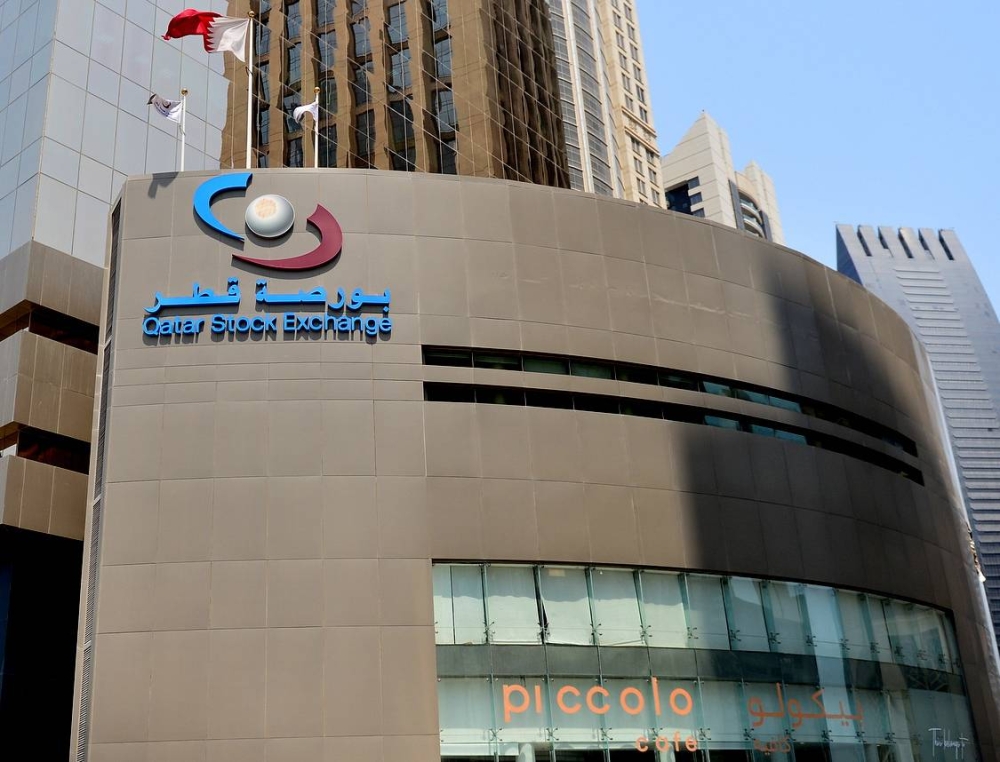Qatari companies have warmed up to sustainability as the globe simmers, QNB Financial Services said and noted MSCI has rated the country’s sovereign ahead of regional peers in ESG.
Moreover, QNB's high rating (#1 in Qatar/top-2 among GCC banks), augmented by its sizeable weight in the QSE, puts Qatar front and centre on the sustainability map, QNBFS noted.
Qatar envisions transforming into an advanced society by 2030 with a focus on four key pillars: human, social, economic and the environment.
QNBFS said, arguably three of these pillars have ESG connotations. For example, for ‘E’, an environmental sector strategy (ESS) was created to support Qatar National Vision 2030, premised on the need to sustain the environment for the present and future generations.
That culminated in the establishment of the Ministry of Environment and Climate Change in 2021 as Qatar set a bold goal of reducing greenhouse gas emissions by 25% by 2030, tying this commitment into the larger global climate goals and the Paris Agreement.
More than 90 countries have at least pledged a timeframe within which they hope to achieve net-zero or carbon neutral status – 2050 is the target year set by most countries, although some pledges are as late as 2070.
Over 60% of Middle Eastern respondents in the 2023 PwC survey on ESG affirmed their companies have incorporated ESG issues into their strategies – Qatari companies formed the third-largest group among these respondents.
In December 2016, the Qatar Stock Exchange (QSE) issued guidance on ESG reporting and launched a web platform (QSE Sustainability Platform), which allows listed companies to record their progress in adopting sustainability.
It is a detailed scorecard that queries data such as energy used per employee, average hours of training per employee and percentage of independent directors. The idea was to phase in mandatory ESG reporting gradually.
QSE’s ESG scores are based on percentage-of-completion of these disclosures, rather than actually scoring these disclosures. It is somewhat surprising that this voluntary self-reporting databank has low compliance levels.
“We do note that QNB Group has been noticeably persistently fully-compliant (100%). Comparatively, the overall average compliance ratio is 26% over the past four years. The median firm has 0% compliance ratio – only 19 companies have a >0% compliance ratio since 2019,” QNBFS said.
The regulatory framework is evolving to integrate ESG and notable developments include: the 2015 Companies Law and its 2021 Amendment, QFMA Corporate Governance Codes (2014 and 2016), QSE ESG Guidelines (2016), and various labour reforms as recently as 2022.
In late 2022, QFMA published a draft amendment to its Governance Code, to bring Qatar’s publicly-listed companies more in line with international best practices, QNBFS said.
Business
Qatari companies warm up to sustainability; MSCI rates country’s sovereign ahead of regional peers: QNBFS

In December 2016, the QSE issued guidance on ESG reporting and launched a web platform, which allows listed companies to record their progress in adopting sustainability.

